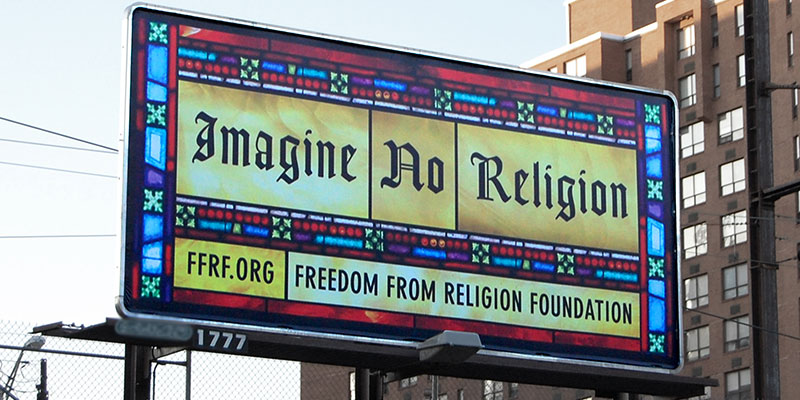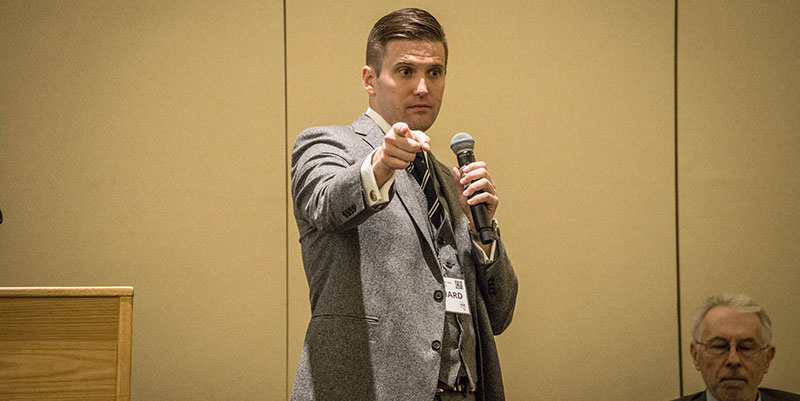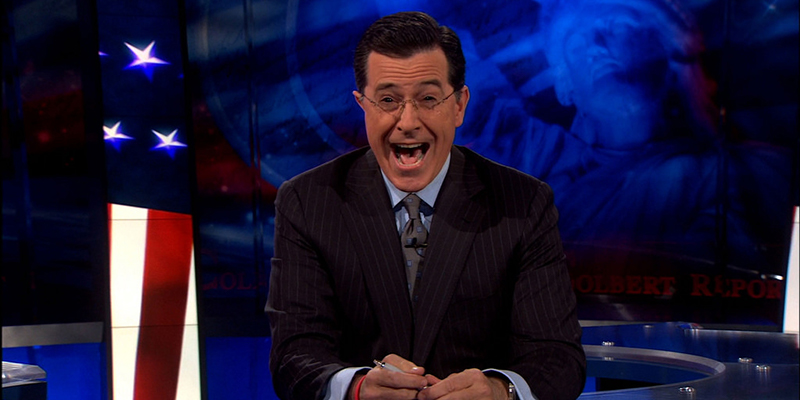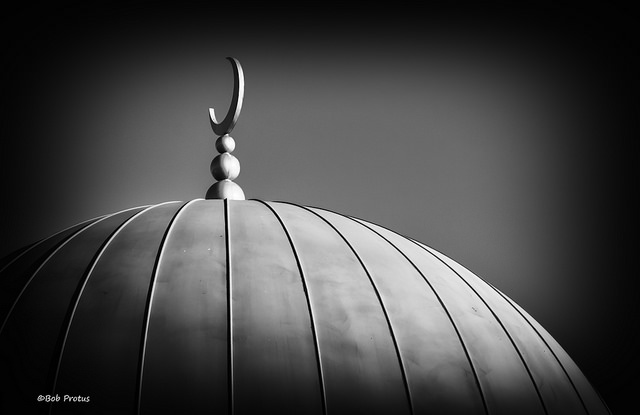Jim James’ Musical Blend of the Religious, Spiritual, and Secular

Scott Muir My aim here is not to fix any “real meaning” to James’ output or speculate about his personal identity, but rather to illustrate how he presents an entangled web of meanings that his listeners may appropriate for their own religious/spiritual/secular constructions of the sacred.
The Changing Nature of America’s Irreligious Explained

Richard Flory Despite the rapid increase in the number of Americans who claim no religious affiliation, nones remain a relatively small group within the American electorate.
The Look of White Supremacy

Kelly J. Baker What pop culture usually gives us are caricatures of white supremacists, and journalists, and the public more largely, expects living and breathing white supremacists to match this narrow portrayal of white supremacy.
7 Questions for André M. Carrington

André Carrington Ritual, pilgrimage, and ecstasy are not only metaphors when it comes to people’s devotion to cultural texts—these terms are really useful in theories of the practice of making genre traditions.
Decolonizing the Sacred

Lily Oster Drawn to the power and earth-connectedness of Lakota spirituality, white people at Standing Rock too frequently expressed our claims to total access to native religion, and even to leadership.
What a Father Learned from Captain Fantastic

S. Brent Plate Captain Fantastic has nothing to do with superheroes, or anything “super” for that matter.
7 Questions for Barbara A. Mann

Barbara A. Mann First, nothing in monotheism prepares anyone to understand anything in Indian spirituality. The base number of monotheism is One, whereas the base number of Indian spirituality is Two. These assumptions lead in very different directions.
Religion on Display at the National Museum of African American History and Culture

Judith Weisenfeld Fortunately, visitors will encounter aspects of African-American religious life in unexpected places throughout the exhibits that give a broader sense of the places and people involved in this history.
Maybe It’s Colbert’s Fault

Stephanie Brehm Supporters claim Trump does not mean everything he said on the campaign trail; that he will not do half of the abhorrent things he spewed. But do they believe that in part because our comedians, the funny, ironic truth-tellers were for so long invested in perpetuating truthiness?
The Power of Names

Hussein Rashid While some of this discussion may seem to be semantic, it is about the power of naming. The questions of power and control depend on the ability to name. Without proper naming, we see conflict where there is none, and read politics as theology.
